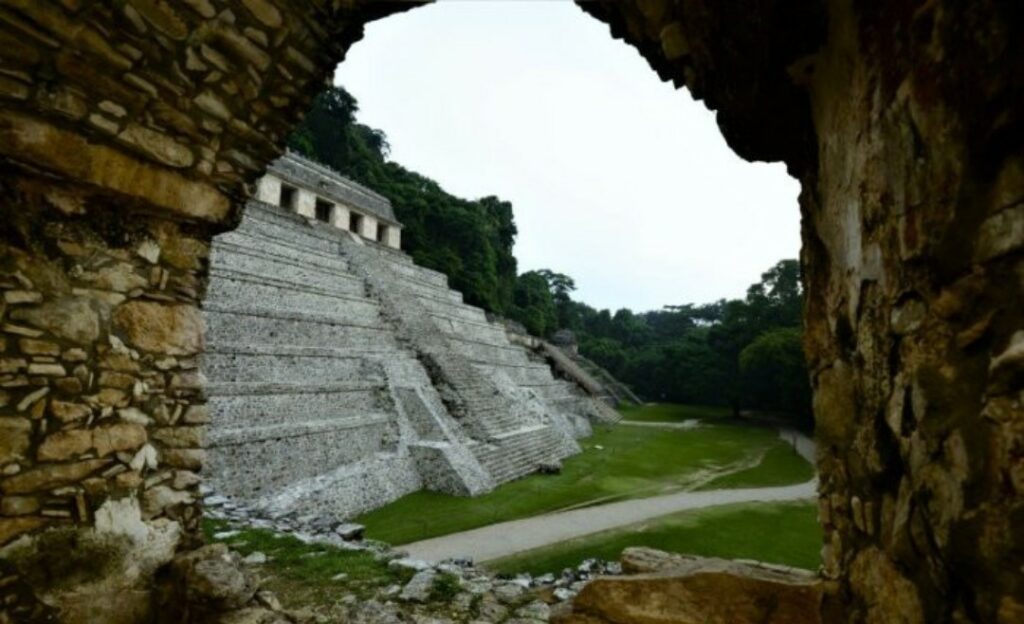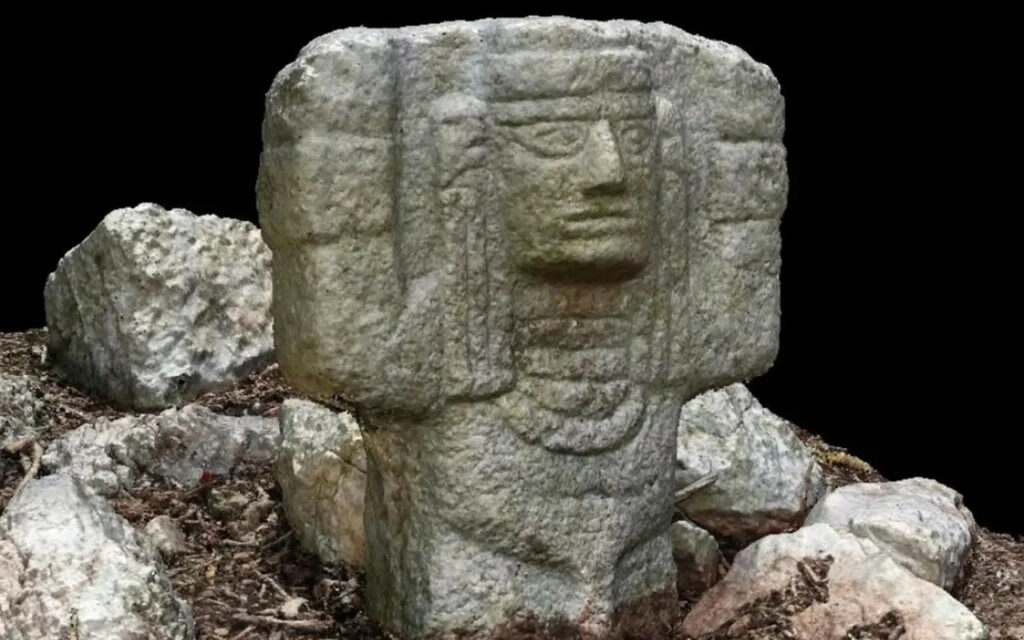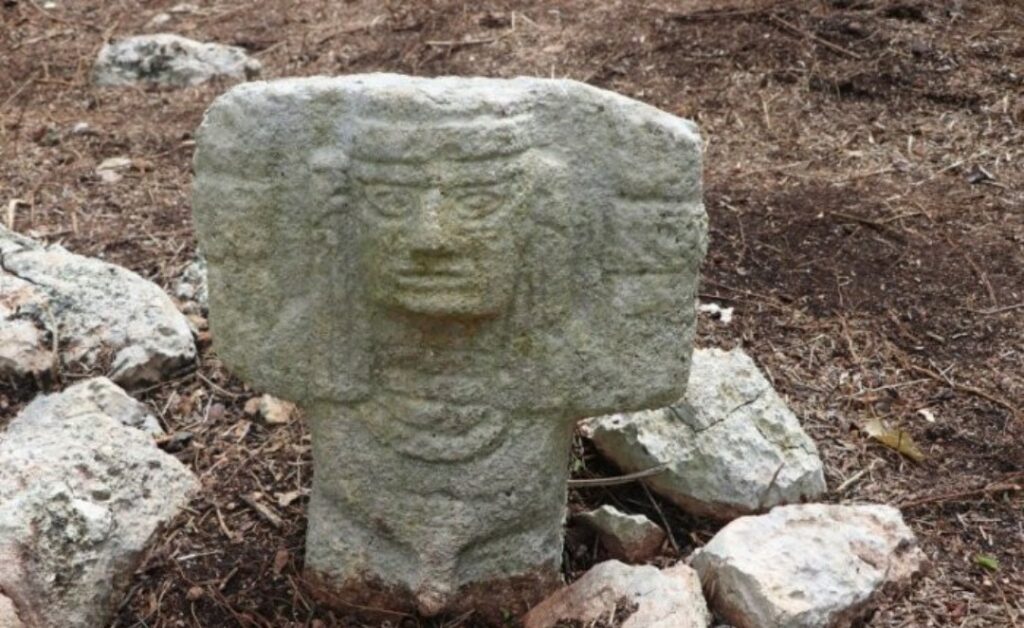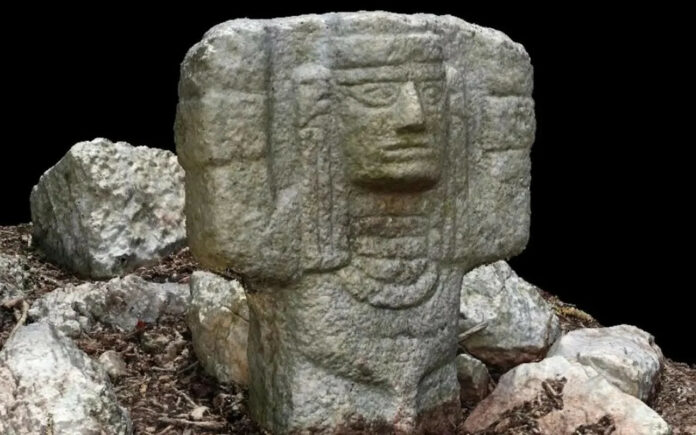A Surprising Discovery in the Heart of Maya Civilization

In the sun-baked lands of Mexico’s Yucatan Peninsula, where the ancient Maya once ruled, archaeologists have made a startling discovery. At Chichen Itza, one of the most famous archaeological sites in the world, a small but significant artifact has emerged from the earth, challenging our understanding of pre-Columbian cultures.
The Unexpected Find
During excavations linked to the construction of the Mayan Train, researchers from the National Institute of Anthropology and History (INAH) uncovered an Atlantean-style sculpture. Standing 90 centimeters tall and 45 centimeters wide, this male figure with raised arms and elaborate attire has sparked excitement among experts.

Bridging Ancient Cultures
Diego Prieto Hernández, Director General of INAH, revealed that this sculpture bears hallmarks of both Maya and central Mexican artistic styles. Its discovery suggests a shared cultural foundation between Chichen Itza and regions further north, spanning from 800 to 1200 AD.
The Atlantean Legacy
A Name Steeped in Myth
The term “Atlantean” doesn’t refer to the mythical lost city but rather to figures reminiscent of Atlas from Greek mythology. These statues, often depicted supporting great weight, have been found throughout Mesoamerica.
From Tula to Chichen Itza

While the newly discovered sculpture is modest in size compared to the colossal Atlantean warriors of Tula, it shares a common lineage. However, this figure appears to be associated with rituals rather than warfare, adding a new dimension to our understanding of these enigmatic statues.
Unveiling History, One Artifact at a Time
As part of ongoing archaeological efforts tied to the Mayan Train project, this discovery is just one piece of a larger puzzle. With excavations continuing at 27 sites near the railway’s path, who knows what other secrets of the ancient Maya world are waiting to be revealed?

The story of the Atlantean sculpture at Chichen Itza reminds us that history is never fully written. Each artifact unearthed has the potential to rewrite our understanding of the past, connecting cultures across time and space in ways we’re only beginning to comprehend.

